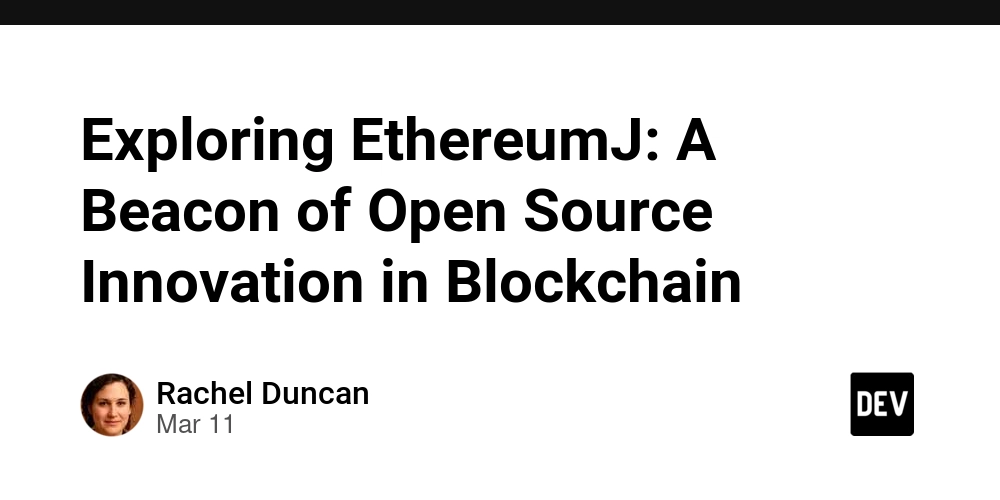10 Advanced Ruby on Rails Features
I recently saw a great article posted by an engineer about advanced tips and tricks in Python (https://blog.edward-li.com/tech/advanced-python-features/) which got me thinking about similar features in Ruby on Rails. Even after 10 years working inside large Rails codebases, here's some features that I've discovered recently working with our clients from NextLink Labs (https://nextlinklabs.com) that make Rails faster, safer, and a lot more fun. Below are my top ten, each paired with a minimal example you can drop into any 6.1 + app (most work on 7.0–7.2). Table of Contents Strict Loading Asynchronous Queries Multi-Database Connection Switching & Sharding Delegated Types Active Record Encryption Attributes API & Custom Types Turbo-Stream Broadcasting from Models Built-in Rate Limiting One-Command Dev Containers Ignoring Counter Caches While Backfilling Default GitHub CI Workflow YJIT as the Default JIT Engine Browser Version Guard Out-of-the-Box PWA Files 1. Strict Loading Raise an error the moment an association lazy-loads, catching N + 1 problems while you code rather than in production. class Article < ApplicationRecord strict_loading_by_default end 2. Asynchronous Queries Off-load expensive SQL to a background pool while the request keeps executing. posts = Post.published.order(created_at: :desc).load_async authors = Author.popular.limit(10).load_async When you finally call posts.each, the records are already waiting in memory. 3. Multi-Database Connection Switching & Sharding Read-replica traffic and horizontal shards are first-class citizens. AnimalsRecord.connected_to(role: :reading) { Report.last } TenantsRecord.connected_to(shard: :europe) do Invoice.create!(...) end 4. Delegated Types A clean alternative to both STI and polymorphic associations. class Entry < ApplicationRecord delegated_type :entryable, types: %w[Post Comment] end Entry.first.entryable transparently returns the concrete model with zero casting or multi-table joins. 5. Active Record Encryption Transparent, per-attribute encryption baked into Rails 7. class User < ApplicationRecord encrypts :ssn, deterministic: true end Rails handles key rotation, blind-index search, and log filtering—no extra gems required. 6. Attributes API & Custom Types Cast arbitrary data into Ruby objects without virtual-attribute hacks. class MoneyType < ActiveModel::Type::Integer def serialize(value) = (value.to_f * 100).to_i def deserialize(value) = value.to_i / 100.0 end class Product < ApplicationRecord attribute :price, MoneyType.new end Validations, serializers, and forms treat price as a float while the database stores cents. 7. Turbo-Stream Broadcasting from Models Real-time UI updates with a single callback. class Message < ApplicationRecord after_create_commit -> { broadcast_append_to :chat } end Every new message pushes a fragment to subscribed browsers—no controller code, no JavaScript. 8. Built-in Rate Limiting Rails 7.2 ships with rate_limit, ending the reign of Rack-Attack. class Api::SessionsController < ActionController::API rate_limit to: 10, within: 1.minute, only: :create end Exceeding the limit triggers an automatic HTTP 429. 9. Browser Version Guard Block outdated browsers via a declarative whitelist. class ApplicationController
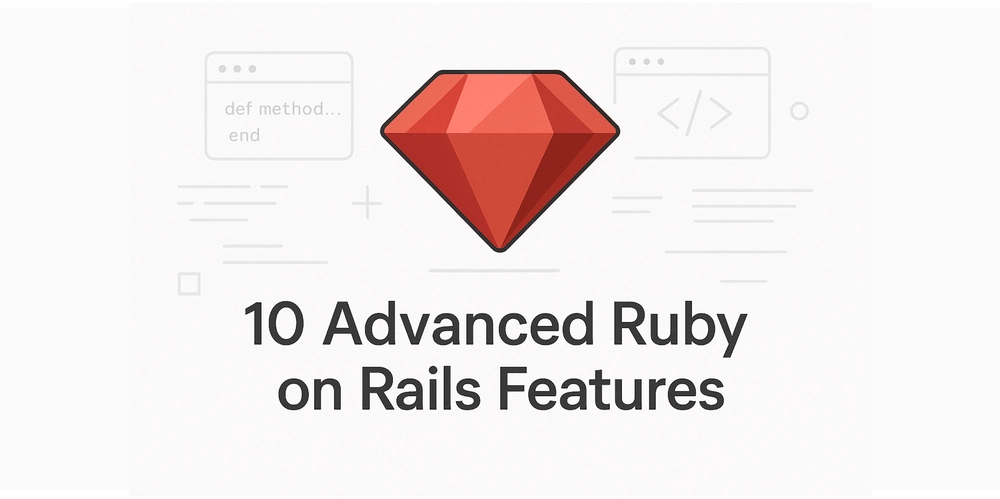
I recently saw a great article posted by an engineer about advanced tips and tricks in Python (https://blog.edward-li.com/tech/advanced-python-features/) which got me thinking about similar features in Ruby on Rails.
Even after 10 years working inside large Rails codebases, here's some features that I've discovered recently working with our clients from NextLink Labs (https://nextlinklabs.com) that make Rails faster, safer, and a lot more fun. Below are my top ten, each paired with a minimal example you can drop into any 6.1 + app (most work on 7.0–7.2).
Table of Contents
- Strict Loading
- Asynchronous Queries
- Multi-Database Connection Switching & Sharding
- Delegated Types
- Active Record Encryption
- Attributes API & Custom Types
- Turbo-Stream Broadcasting from Models
- Built-in Rate Limiting
- One-Command Dev Containers
- Ignoring Counter Caches While Backfilling
- Default GitHub CI Workflow
- YJIT as the Default JIT Engine
- Browser Version Guard
- Out-of-the-Box PWA Files
1. Strict Loading
Raise an error the moment an association lazy-loads, catching N + 1 problems while you code rather than in production.
class Article < ApplicationRecord
strict_loading_by_default
end
2. Asynchronous Queries
Off-load expensive SQL to a background pool while the request keeps executing.
posts = Post.published.order(created_at: :desc).load_async
authors = Author.popular.limit(10).load_async
When you finally call posts.each, the records are already waiting in memory.
3. Multi-Database Connection Switching & Sharding
Read-replica traffic and horizontal shards are first-class citizens.
AnimalsRecord.connected_to(role: :reading) { Report.last }
TenantsRecord.connected_to(shard: :europe) do
Invoice.create!(...)
end
4. Delegated Types
A clean alternative to both STI and polymorphic associations.
class Entry < ApplicationRecord
delegated_type :entryable, types: %w[Post Comment]
end
Entry.first.entryable transparently returns the concrete model with zero casting or multi-table joins.
5. Active Record Encryption
Transparent, per-attribute encryption baked into Rails 7.
class User < ApplicationRecord
encrypts :ssn, deterministic: true
end
Rails handles key rotation, blind-index search, and log filtering—no extra gems required.
6. Attributes API & Custom Types
Cast arbitrary data into Ruby objects without virtual-attribute hacks.
class MoneyType < ActiveModel::Type::Integer
def serialize(value) = (value.to_f * 100).to_i
def deserialize(value) = value.to_i / 100.0
end
class Product < ApplicationRecord
attribute :price, MoneyType.new
end
Validations, serializers, and forms treat price as a float while the database stores cents.
7. Turbo-Stream Broadcasting from Models
Real-time UI updates with a single callback.
class Message < ApplicationRecord
after_create_commit -> { broadcast_append_to :chat }
end
Every new message pushes a
8. Built-in Rate Limiting
Rails 7.2 ships with rate_limit, ending the reign of Rack-Attack.
class Api::SessionsController < ActionController::API
rate_limit to: 10, within: 1.minute, only: :create
end
Exceeding the limit triggers an automatic HTTP 429.
9. Browser Version Guard
Block outdated browsers via a declarative whitelist.
class ApplicationController < ActionController::Base
allow_browser safari: "16", chrome: "110", firefox: "112"
end
10. Out-of-the-Box PWA Files
Rails 7.2 generators include a manifest and service-worker template under /pwa, making an installable, offline-capable Progressive Web App a few edits away.
Conclusion
That’s a whirlwind tour through some more advanced features that I've learned and found useful in my recent work. How many were new to you? Drop me a note—I’d love to hear about your examples of useful Rails features.
If you're struggling with a legacy Rails app or looking for any kind of help with your application, feel free to send us a message here (https://nextlinklabs.com/contact)
You might also find some of my other blog posts useful:
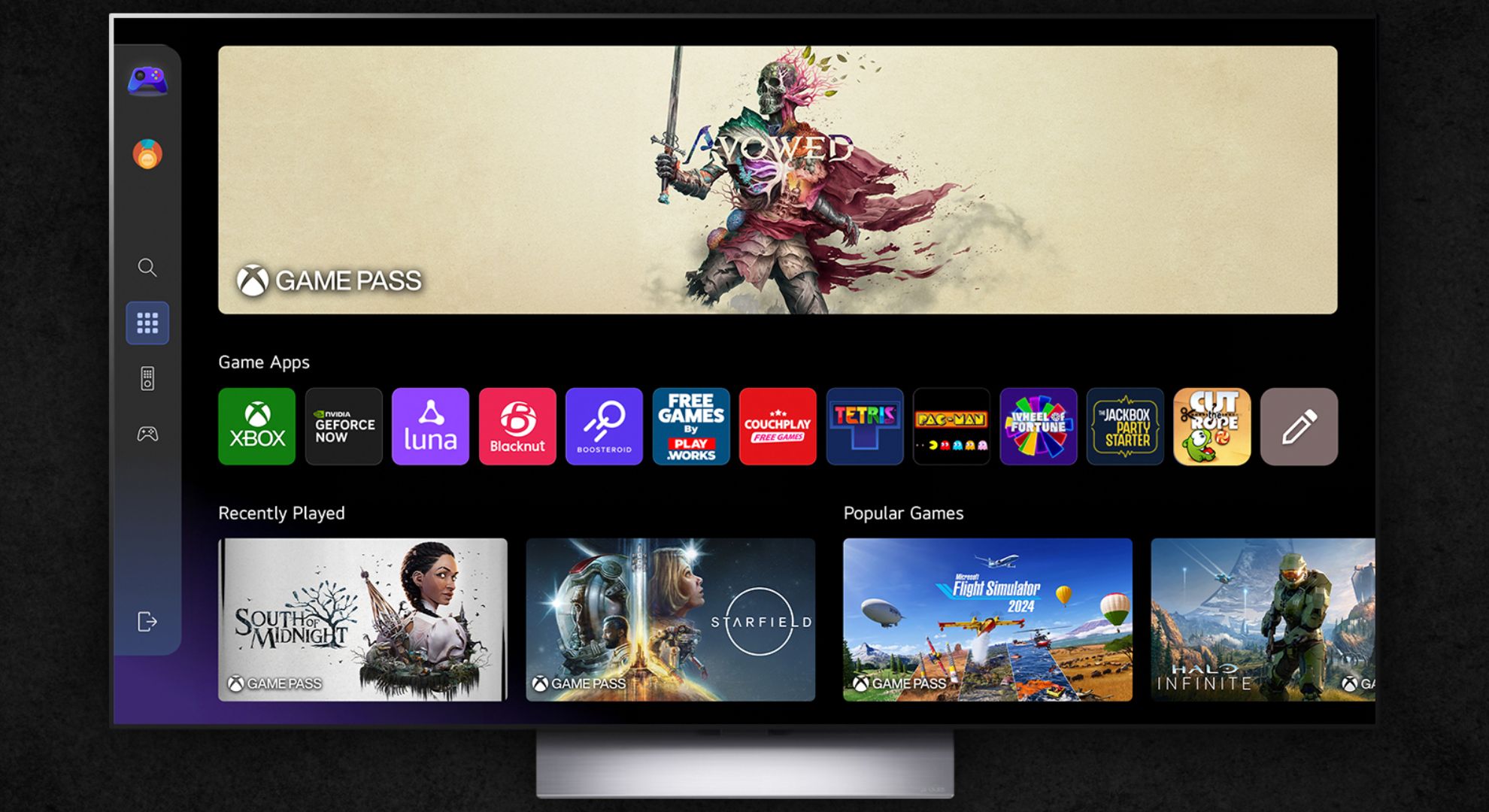















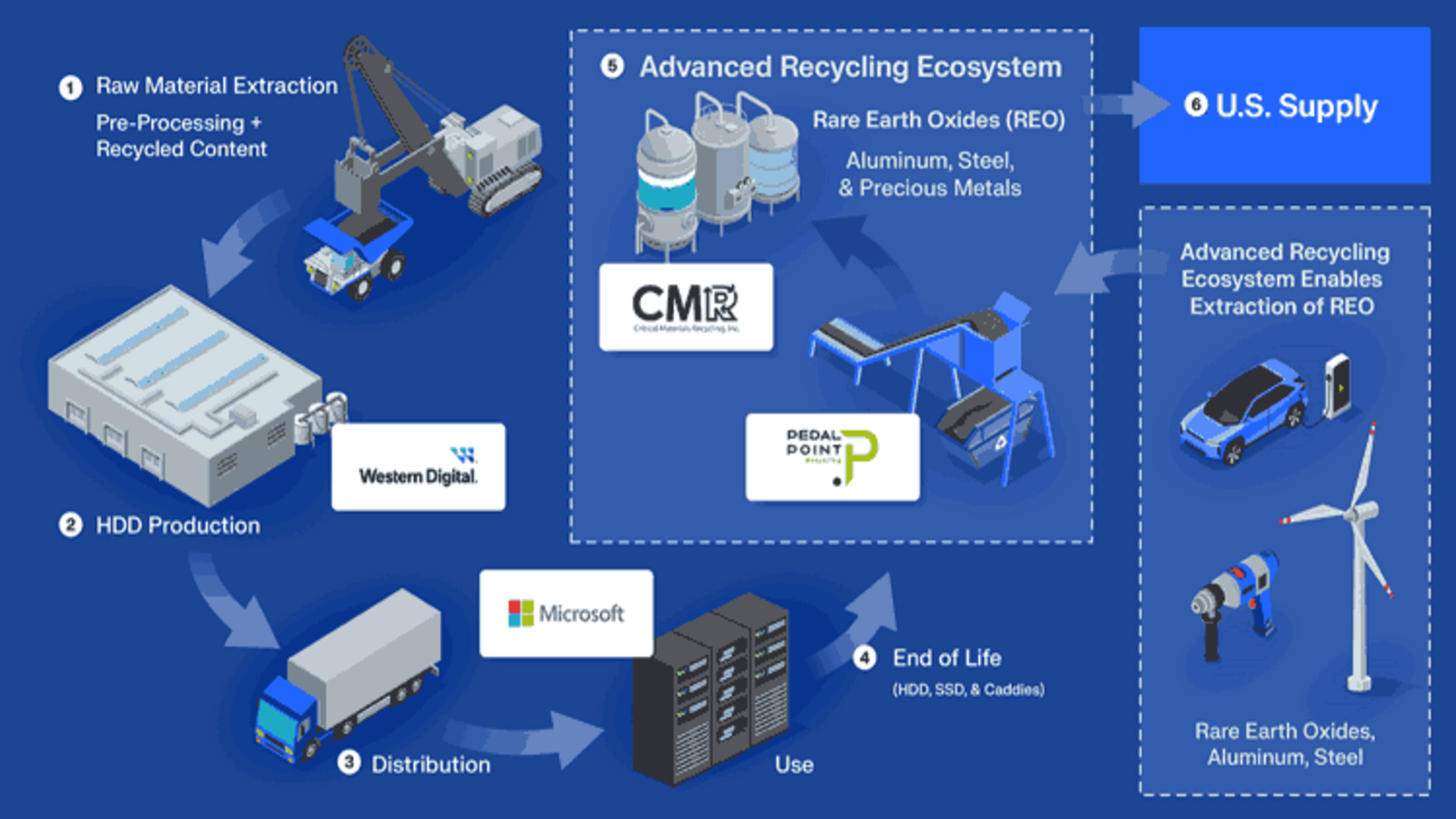
























































































































































![[The AI Show Episode 144]: ChatGPT’s New Memory, Shopify CEO’s Leaked “AI First” Memo, Google Cloud Next Releases, o3 and o4-mini Coming Soon & Llama 4’s Rocky Launch](https://www.marketingaiinstitute.com/hubfs/ep%20144%20cover.png)

























































































































































![Is This Programming Paradigm New? [closed]](https://miro.medium.com/v2/resize:fit:1200/format:webp/1*nKR2930riHA4VC7dLwIuxA.gif)


























































































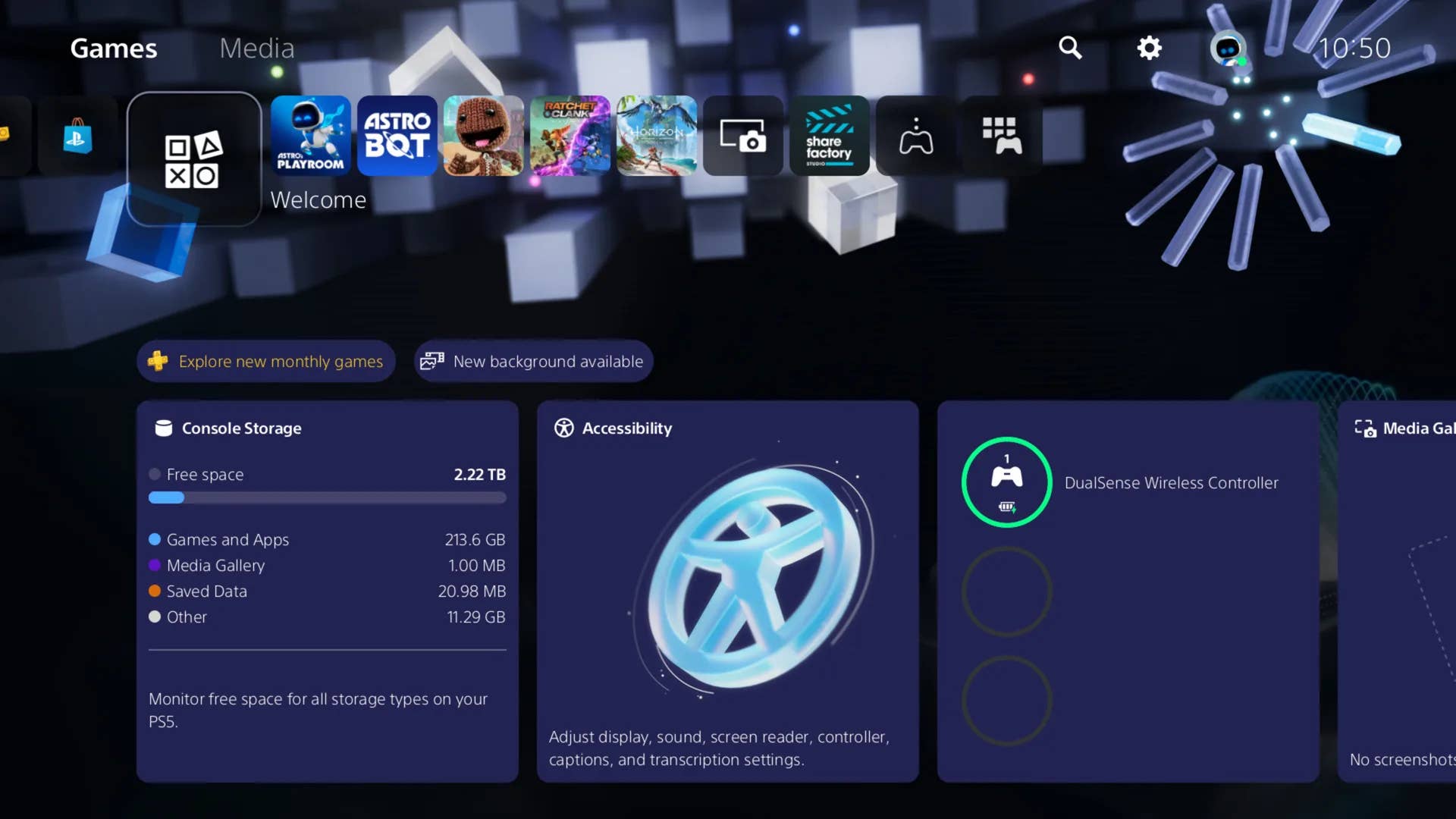
-Classic-Nintendo-GameCube-games-are-coming-to-Nintendo-Switch-2!-00-00-13.png?width=1920&height=1920&fit=bounds&quality=70&format=jpg&auto=webp#)
























_Olekcii_Mach_Alamy.jpg?width=1280&auto=webp&quality=80&disable=upscale#)























































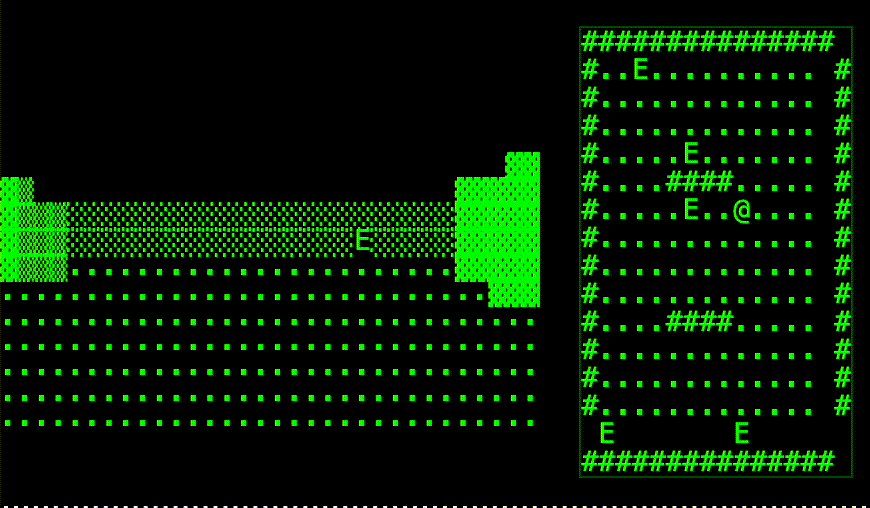























































![M4 MacBook Air Drops to New All-Time Low of $912 [Deal]](https://www.iclarified.com/images/news/97108/97108/97108-640.jpg)
![New iPhone 17 Dummy Models Surface in Black and White [Images]](https://www.iclarified.com/images/news/97106/97106/97106-640.jpg)







































































































































